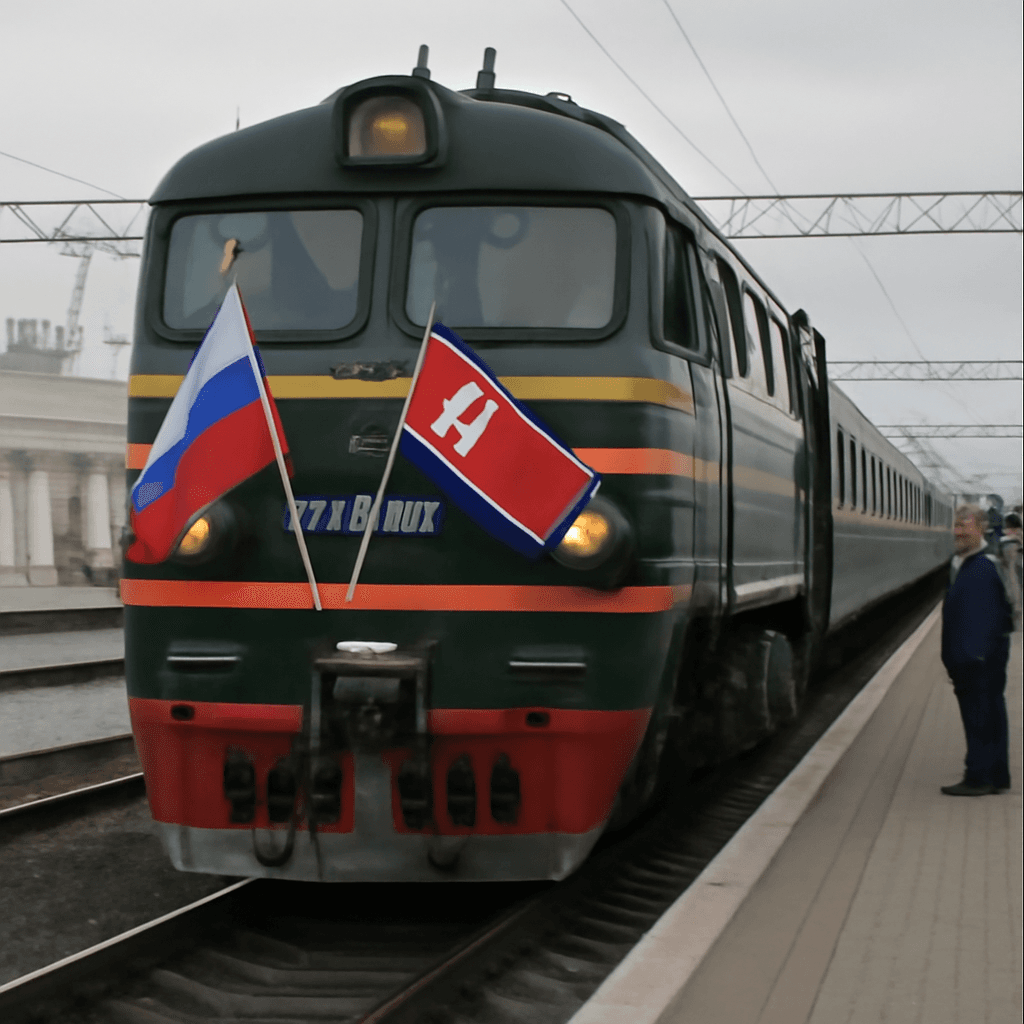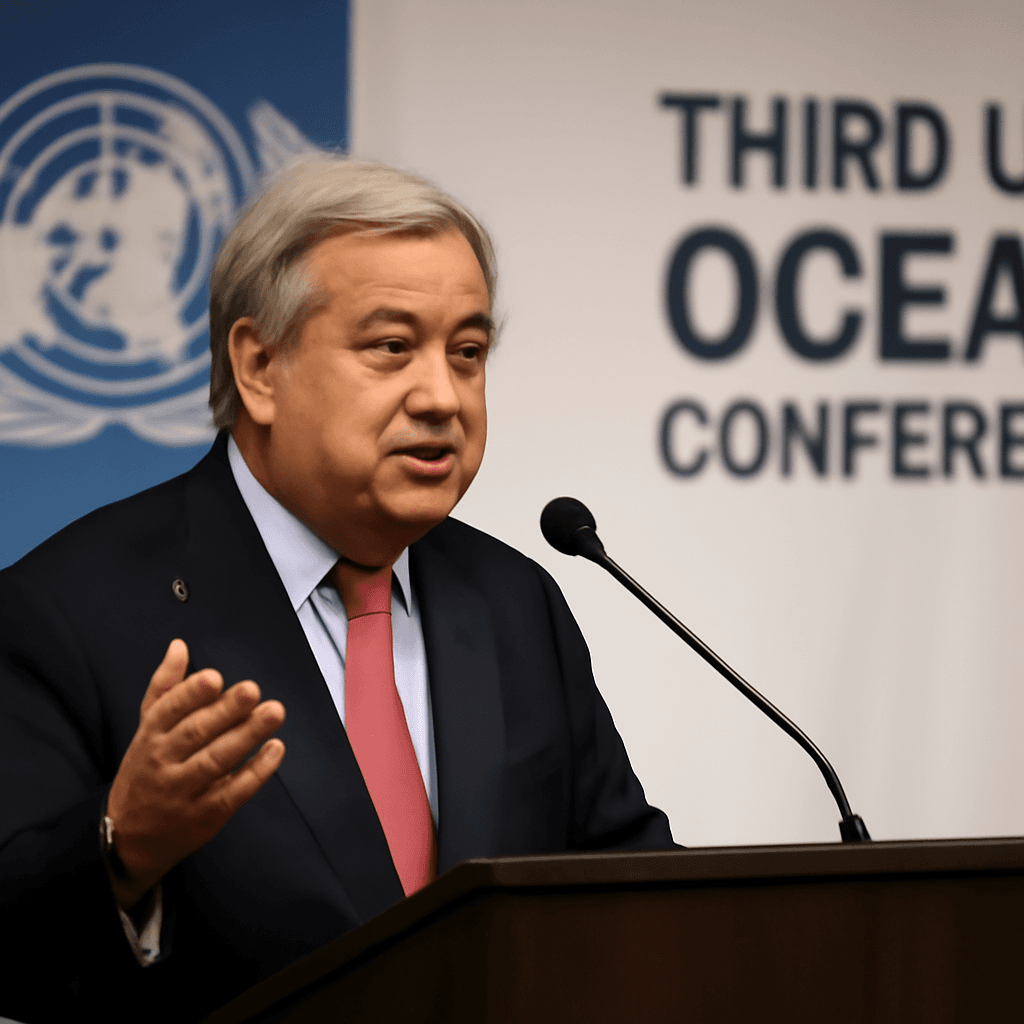Russia and North Korea Reignite Direct Train Link After Five Years
Russia and North Korea will resume direct passenger train service connecting Moscow and Pyongyang starting June 17, marking a momentous restoration after a pause since 2020. This relaunch signals not only enhanced transport ties but also growing cooperation between the two nations.
The Longest Rail Journey Back on Track
The service will operate twice monthly, covering a staggering distance of over 10,000 kilometers (6,213 miles) and taking approximately eight days — potentially making it the longest nonstop passenger rail route worldwide. This ambitious journey will offer a unique route traversing vast Eurasian landscapes.
Operational Details and Additional Routes
Russian Railways confirmed an agreement with North Korea’s railway ministry to restore the Moscow-Pyongyang connection. The journey will be facilitated by the Korean State Railway, the North Korean state operator. For the Moscow to Pyongyang route, a North Korean passenger railcar will be attached to the existing Moscow-Vladivostok train before transferring to another train for the final leg.
Furthermore, a second service between Pyongyang and Khabarovsk, a Russian city near China’s northeast border, will restart on June 19, broadening regional connectivity.
Background: Suspension and Renewed Cooperation
The train services were suspended in February 2020 amid the global Covid-19 pandemic, shutting down direct passenger rail traffic between the two countries for over five years. Since then, Russia and North Korea have strengthened ties, including a strategic partnership treaty signed last year between President Vladimir Putin and North Korean leader Kim Jong Un.
In recent months, cooperation has deepened notably in military and logistical spheres. North Korea reportedly dispatched over 10,000 troops and military aid to Russia, which played a significant role in Moscow reclaiming territory in the western Kursk region during ongoing tensions in Ukraine.
Existing Rail Links and Freight Movement
Aside from Moscow-Pyongyang, a passenger train currently operates between Vladivostok in Russia’s Far East and Rason, a North Korean port city. The two countries also maintain freight rail connections, though the volume of cargo transported remains undisclosed by Russian authorities.
What This Revival Means
Reactivating this direct train route underscores a thaw in transport and diplomatic barriers, offering new avenues for people-to-people contacts and reinforcing strategic alliances amid shifting geopolitical landscapes in Northeast Asia.











